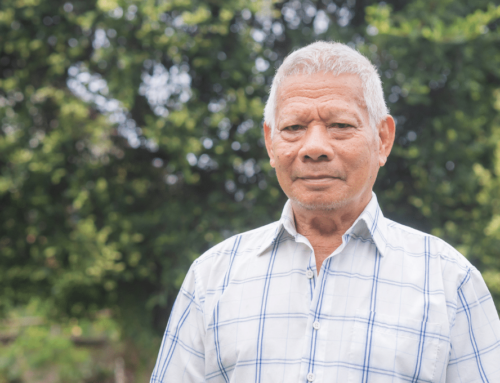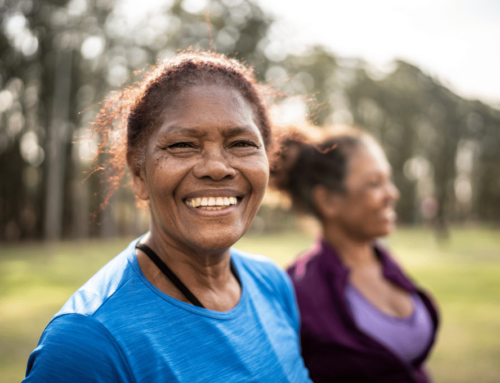We can all save lives. Suicide prevention is a critical issue that requires a proactive and compassionate approach. As an organization committed to mental health and wellness, we understand the importance of equipping individuals with the tools and resources to intervene and support those in crisis.
We’re proud to share that over 400 Oaks employees are receiving Question, Persuade, Refer (QPR) suicide prevention training between fall 2023 and winter 2024 as part of the Zero Suicide initiative. The foundational belief of Zero Suicide is that suicide deaths for individuals under the care of health and behavioral health systems are preventable. Even one life lost is simply too many, and we commit to recognizing the signs and intervening before it’s too late.
The training centers around the QPR Institute’s mission that education empowers all people, regardless of their background, to make a positive difference in the life of someone they know. Let’s break down the three simple steps that anyone can learn to help prevent suicide: Question, Persuade, and Refer (QPR).
Please note that the description below provides only a brief summary of the training which is much more in-depth.
Question
The first step in preventing suicide is to ask the tough questions. If you suspect that someone you know may be considering suicide, don’t hesitate to ask them about their thoughts and feelings. While it may feel uncomfortable or intimidating, asking about suicide can open up a crucial dialogue and provide an opportunity for the individual to express their struggles and seek help.
Here are some questions you can ask:
- “Have you been feeling overwhelmed or hopeless lately?”
- “Have you had thoughts of hurting yourself or ending your life?”
- “Are you experiencing any emotional pain or distress that feels unbearable?”
By initiating this conversation with empathy and genuine concern, you can create a safe space for the individual to share their experiences and receive the support they need.
Persuade
Once you’ve established open communication and identified signs of distress, the next step is to persuade the individual to seek help. It’s essential to emphasize that there is hope and support available, and that they are not alone in their struggles. Encourage them to consider professional help and offer to assist them in accessing resources and support services.
Here are some ways to persuade someone to seek help:
- Express your concern and care for their well-being.
- Highlight the importance of seeking professional help and treatment.
- Offer to accompany them to appointments or connect them with support hotlines and resources.
- Reassure them that seeking help is a sign of strength, not weakness.
By providing encouragement and support, you can help empower the individual to take proactive steps towards recovery and healing.
Refer
The final step in suicide prevention is to refer the individual to appropriate resources and services, starting with 24/7 crisis support. If you or someone you know needs support now, call or text 988 or chat 988lifeline.org. 988 connects you to a trained counselor who can help.
Next Steps for 2024
Michelle Carlamere, Oaks Integrated Care Vice President shares, “We plan to continue working with the New Jersey Division of Mental Health and Addiction Services (DMHAS) and Rutgers University who have been assisting us with QPR trainings since the fall. The program was recently awarded a grant to facilitate trainings focused on children, adolescence, and their families. We have received great feedback so far and look forward to continuing this much needed work!”
Implementing the QPR approach—Question, Persuade, Refer—is a simple yet powerful way to help prevent suicide and support a friend, colleague, sibling or neighbor in crisis. By initiating open dialogue, offering empathy and encouragement, and connecting individuals with appropriate resources, we can all play a role in saving lives and promoting mental health and wellness in our communities. DMHAS and the Mental Health Association also offer public QPR trainings to anyone interested in learning more.
Oaks Integrated Care programs throughout New Jersey give individuals the support they need during their most vulnerable times. To learn more about our services or schedule an appointment, take the first step and call our Access Center at 1-800-963-3377.









